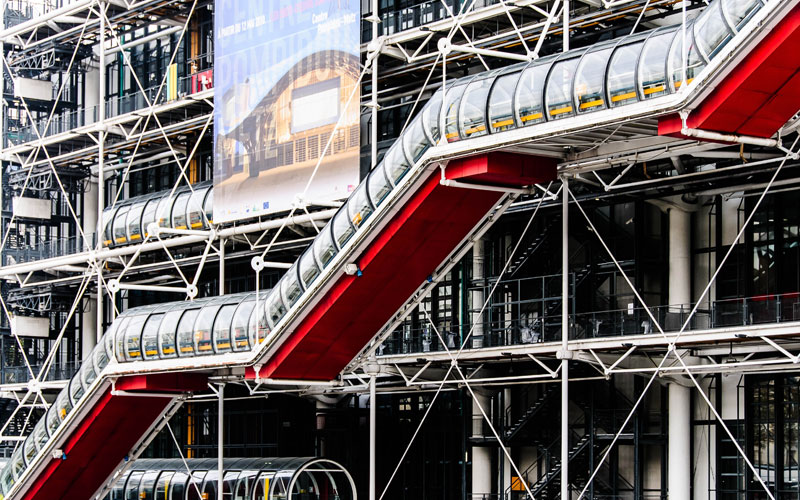Design & Construction of Petroleum Pipelines

OG-711
Course Description
- Successful onshore pipeline businesses require personnel competent in fully integrated approaches to evaluation, planning, design, construction, operations, and asset integrity management. This intensive, 5-day foundation level course explores best practices for developing and maintaining pipeline systems that maximize life cycle reliability; employee, public, and environmental safety; and cost effectiveness. Design and operating exercises are an integral part of this course.
Course Objectives
Apply regulatory codes, standards, and industry guidelines (API and others) that control and guide the permitting, design, construction, operation, and maintenance of pipeline facilities :
- Apply mechanical and physical principles to pipeline design, hydraulics, and material selection.
- Describe the importance of route selection, hydraulics, and pipeline infrastructure for long term profitability, reliability, and safety
- Identify special design and construction challenges of onshore pipeline systems.
- Identify the principle interfaces and potential interrelationships of pipeline facilities, such as pump stations and terminals, on design and operations
- Apply operational and maintenance tools and procedures to pipeline systems, including system monitoring and control, leak detection, custody measurement and quality control, asset integrity management, efficient and safe operations, and emergency response capability.
Who Should Attend?
- Engineers, designers and operators who are actively involved in the design, specification, construction, and operation of petroleum pipeline systems.
Course Schedule
Day-1
- Petroleum Pipelines System Components (overview)
- General Pipeline Design Considerations.
- Elements of Pipeline Design.
- Fluid Properties.
- Environment.
- Effects of Pressure and Temperature.
- Supply/Demand Scenario, Route Selection.
- Environmental and Hydrological Considerations.
- Economics.
- Materials/Construction.
- Operation.
- Pipeline Protection.
- Pipeline Integrity Monitoring
Day-2
- Pipeline Mechanical Design 313.
- Codes and Standards.
- Location Classification.
- Pipeline Design Formula.
- Expansion and Flexibility.
- Joint Design for Pipes of Unequal Wall Thickness.
- Valve Assemblies.
- Buoyancy Control.
- Crossing
- Depth of Cover.
- Aerial Markings.
- Warning Signs.
Day-3
- Pipeline Construction.
- Construction.
- Trenchless Crossings.
- Filling and Hydrostatic Testing.
- Dewatering.
- Evaluation of Squeeze Volumes.
- Hydrostatic Test Sections Containing Trapped Air.
- Hydrostatic Testing at Low Ambient Temperatures.
- Pneumatic Testing of Pipelines.
Day-4
- Pipeline Protection.
- Pipeline Coating.
- Cathodic Protection.
- Cathodic Protection Calculations for Land Pipelines.
- Internal Corrosion.
Day-5
- flow assurance & Pipeline Design.
- Introduction and overview of flow assurance issues.
- Asphaltene.
- Wax.
- Hydrates.
- Emulsions.
- Scale and corrosion.
- Multiphase flow and metering.



